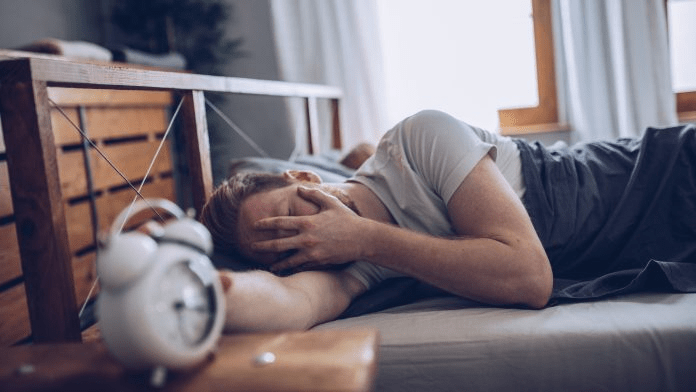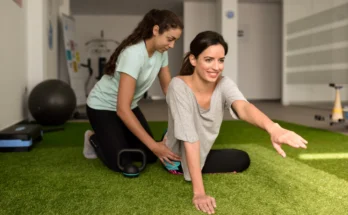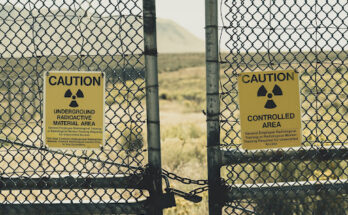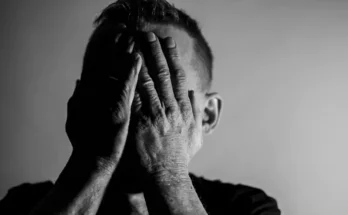Restless Sleep Apnea is a common sleep disorder that may affect people of all ages. From young children to those long past their prime. Because their airways are obstructed, people with sleep apnea have difficulty breathing while they are asleep.
Obstructive, focused, and complicated sleep apnea is the three categories.
When someone has obstructive apnea, the muscles in their throat relax too much. This can make it hard for them to fall asleep.
If your brain is unable to send signals to the muscles that control your breathing system. You may have focal rest apnea, which is less common than obstructive rest apnea.
When a person exhibits the symptoms of both focal and obstructive apnea, they are said to have a complex apnea condition.
The problem with this sleeping disorder is that you may not be aware of it. Since the symptoms are almost always visible as you are nodding off.
Breathing restrictions may seem harmless as long as they don’t harm me. But they might harm you in ways that you may not yet be aware of.
Sleep apnea patients are more likely to develop diabetes and heart disease. Which increases their risk of developing erectile dysfunction and high blood pressure in the blood vessels supplying their lungs.
Having sleep apnea increases your risk of having catastrophic coronary failure if you already have a heart problem.
Getting your breathing restricted is problematic since you can’t notice yourself. While you’re sleeping unless you film yourself doing so, or, on the other hand. If you ask someone who sleeps nearby to observe you for a few hours.
However, there are a few other symptoms that your body may be exhibiting to indicate that you are suffering from apnea and snoring disorder. Make sure you can recognize the signs of sleep apnea comparably for both children and adults since the symptoms might vary.
There are a few signs that you might have sleep apnea, some of which are listed below:
I unexpectedly woke in the middle of the night, gasping for air.
The most common symptom of sleep apnea in adults and children maybe this one. It is often mistaken for terrible nightmares or a reaction to loud noises in children. You may want to find out whether you or your kid has sleep apnea if it occurs more than three times each week.
Loud wheezing
If your spouse has been complaining about your frequent wheezing but you don’t appear to be aware of it, you may want to pay closer attention since wheezing may be an indicator of sleep apnea in both adults and young children.
A Lesson on Poor Memory and Concentration
People who suffer from the negative consequences of sleep apnea typically notice a decline in their efficiency and struggle to focus. apnea in children may also be the reason for their inability to concentrate in school. Then you may need to look for signs of apnea if your child’s performance at school has gone down and you don’t exercise as much as you used to.
A sleeping condition
A person with a sleeping issue is said to have a condition that prevents them from falling asleep peacefully. In any case, when they can sleep, the quality of their sleep isn’t precisely what it should be.
This is also a symptom of sleep apnea. If your kid wakes up often from needing the toilet or wetting their bed, you should rule out the possibility of sleep apnea since you may also wake up for bathroom trips in the s in the nighttime.
Hypersomnia is a sleeping disorder that often results from insufficient sleep. Daytime fatigue is a big issue for many with this issue.
To address this issue, your primary care physician may need to provide you with a prescription for Modalert 200, Waklert, and Modvigil. you can get this smart pill at Pillspalace.com
feeling depleted of energy
Restless apnea directly impacts the kind of apnea you get each night, so it usually manifests as a physical deficiency in your body. Your body cannot get the constant rest it needs to heal itself due to this issue.
Problems with alcoholism, smoking, and obesity Corpulence, smoking, and drinking are all bad for the body in different ways, like making it more likely to have apnea.
Even if you don’t currently have sleep apnea, these factors may increase your risk of developing it in the future.
Mouth-to-mouth breathing
People do inhale through their mouths, especially while they are sleeping, and this is a sign that they are suffering from apnea. A youngster who suffers from sleep apnea will often breathe through their mouth.
These symptoms may be indicative of sleep apnea, but your primary care doctor will want to examine you and your side effects before making a final determination. If it’s not too much trouble, refer to this manual just as information for examinations rather than as a direct clinical analysis or recommendation.




